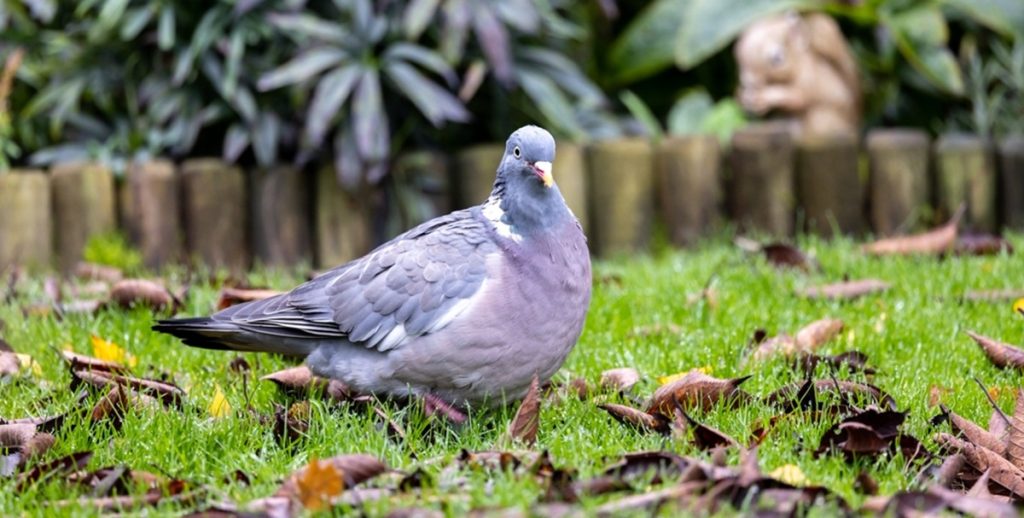Pigeons may appear harmless as they stroll through gardens or perch on rooftops, but experts warn these familiar city birds can quickly become a nuisance.
Others are reading now
They coo comfortably on the roof, strut through the garden, and appear harmless at first glance — but pigeons are much more than just decorative city dwellers.
Having pigeons in your garden can lead to unpleasant consequences: from soiled garden furniture to clogged gutters filled with droppings, feathers, and nesting material.
What many people don’t realize is that pigeons can spread over 50 different ectoparasites and even airborne diseases.
This was reported by The Mirror.
Also read
So how can you get rid of these uninvited guests without redesigning your entire garden?
Experts at Fantastic Pest Control share some effective tricks to keep these pesky visitors at bay — without using chemicals or doing extensive remodeling.
One particularly simple approach is stretching strings over potential landing spots. Even a thin string placed about 2.5 centimeters above preferred perches — such as railings or windowsills — makes landing uncomfortable for pigeons.
The result? The birds look for somewhere else to rest.
So-called anti-perching spikes are another helpful solution for making popular resting places unattractive. It’s important to install them in strategic spots such as windowsills, eaves, or fence posts.
Bird lovers who enjoy watching smaller species should also protect their birdhouses. Pigeons make poor companions — they chase away smaller birds as soon as food appears and claim the supply for themselves.
It’s no wonder experts often call them “bully birds.”

